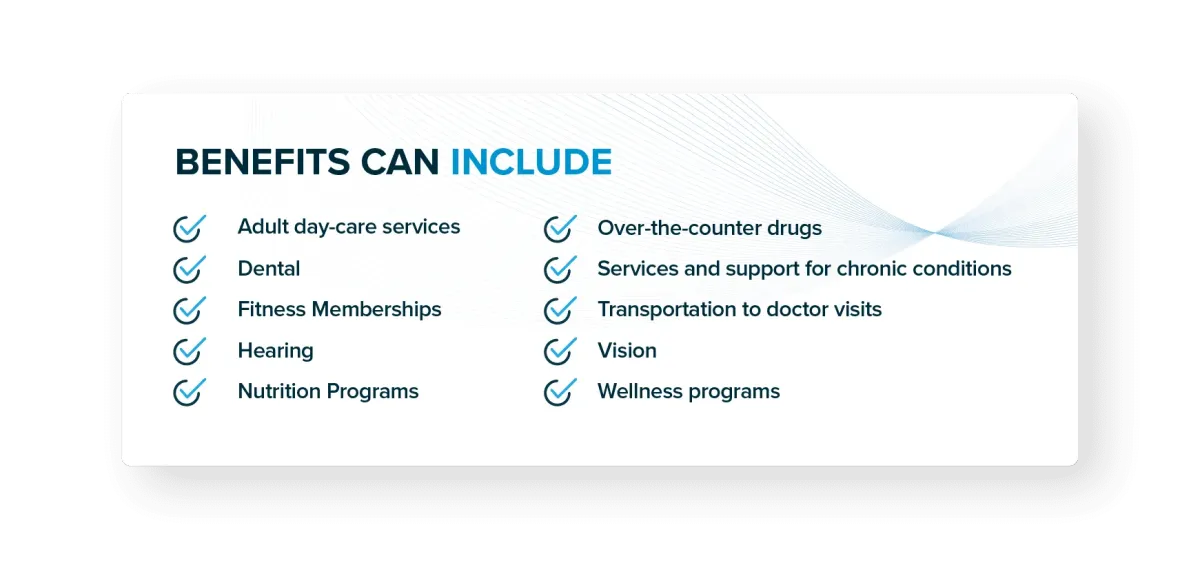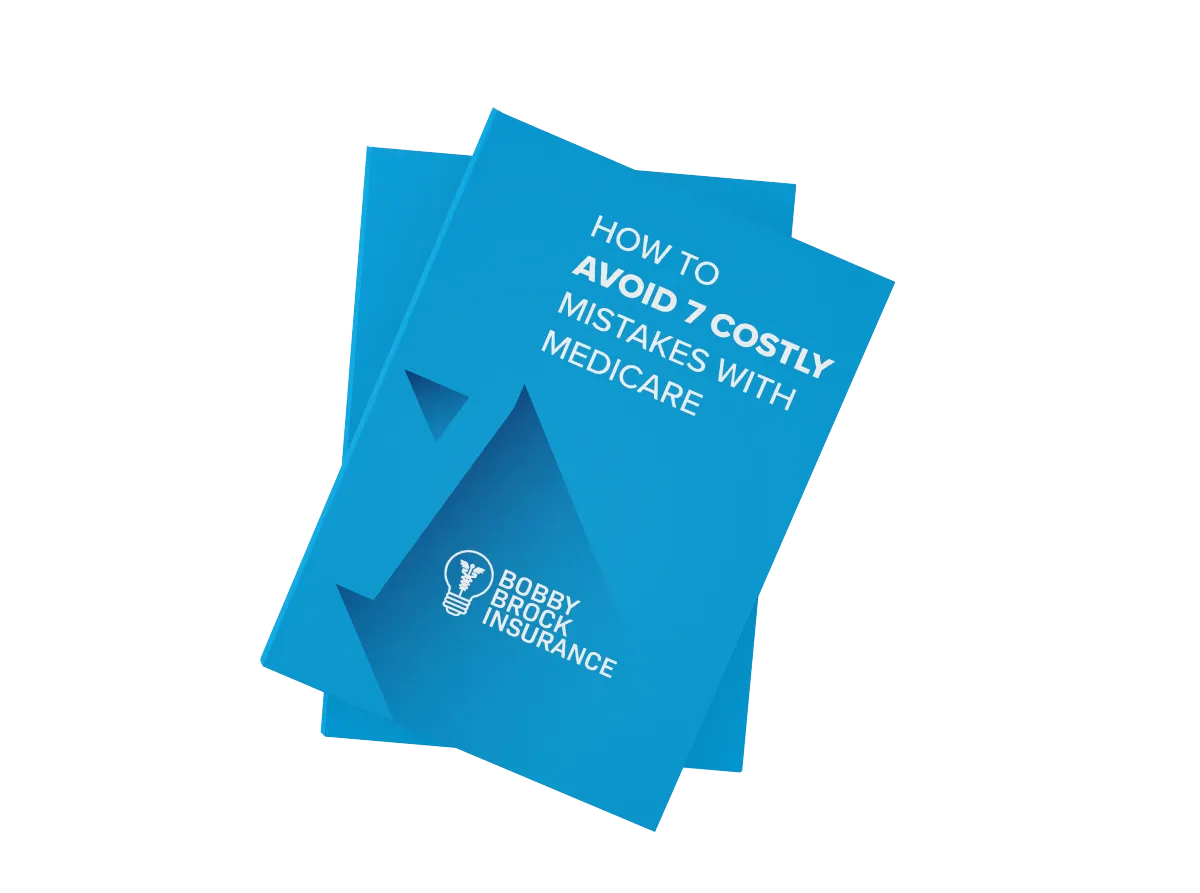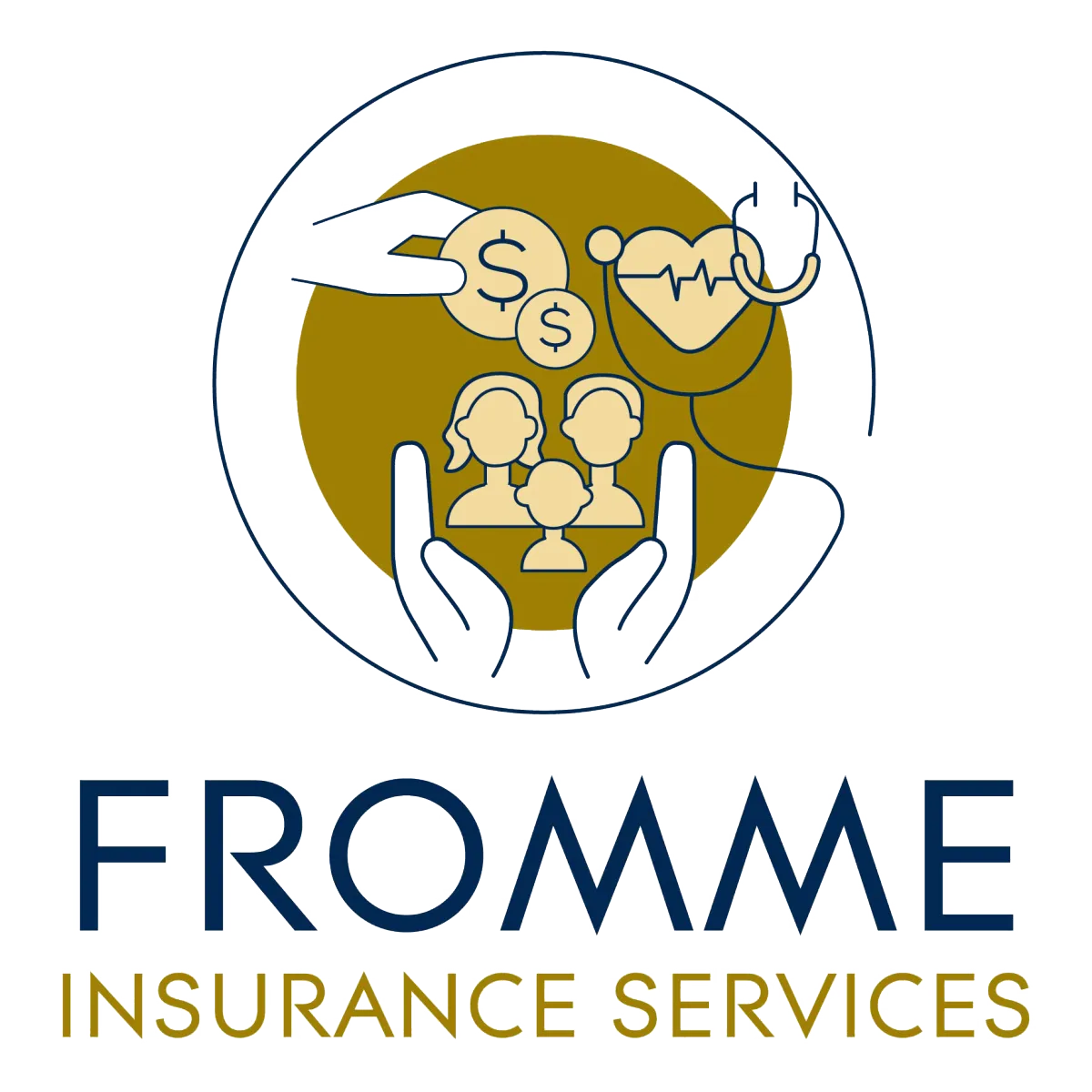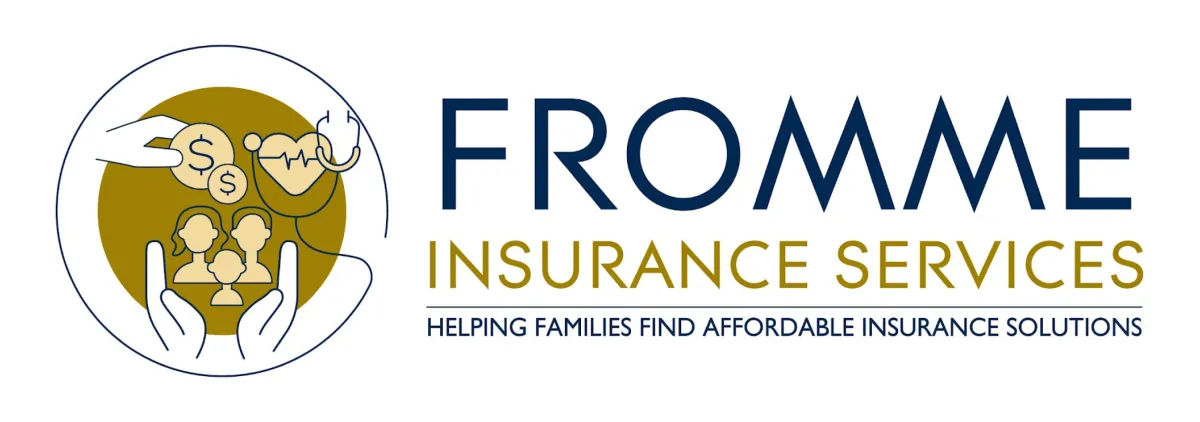
What is Medicare Advantage?
Medicare Advantage, or Medicare Part C, is a health insurance option delivered by private companies authorized by Medicare. It provides coverage equivalent to Original Medicare, encompassing both Part A and Part B, while also offering additional benefits not present in the original plan. Among the commonly incorporated extras is prescription drug coverage (Part D), a feature found in nearly every Part C plan.
Medicare Advantage Eligibility
Eligibility for a Medicare Advantage plan aligns with Medicare eligibility, requiring enrollment in both Medicare Part A and B. It's crucial to note that dropping Part B is not permissible, as doing so results in the forfeiture of your Advantage plan.
The primary eligibility criterion for Medicare Advantage plans mandates prior enrollment in Original Medicare (Parts A and B) and residence within the network area of the chosen Part C provider. Since 2021, individuals diagnosed with End Stage Renal Disease (ESRD) have also gained eligibility for enrollment in nearly all Medicare Advantage plans—a departure from prior restrictions.
In terms of requirements, the eligibility standards for Original Medicare extend to Part C. Therefore, applicants must be U.S. citizens or permanent residents with at least 5 consecutive years of residency in the United States. Additionally, residing for six months annually within the service area of the chosen plan is imperative.
What are the Different Plans?
If you are eligible for Medicare, then you will want to know when is the time for enrollment. There are specific enrollment times during which you can enroll in a Medicare Advantage plan:
Initial Enrollment Period — Your initial enrollment period is a seven-month period that starts three months before the month you turn 65 and ends three months after the month you turn 65. If you are under 65 and receive Social Security disability, you qualify for Medicare in the 25th month after you begin receiving your Social Security benefits. If that is how you are becoming eligible for Medicare, you can enroll in an Advantage plan three months before your month of eligibility until three months after you became eligible.
Open Enrollment Period — Also known as annual enrollment or AEP, the open enrollment period for Medicare Advantage is from October 15 through December 7 every year. Coverage for the Part C plan you choose during this time will start on January 1 next year. During this time, you can also add, change, or drop current coverage.
Medicare Advantage Open Enrollment Period — During this MA Open enrollment period, you are able to change from one Advantage plan to another or drop it to return to Original Medicare.
Special Election Period — There are several things that can trigger a special election period and they are unique to an individual. It is best to speak to a licensed Medicare insurance agent to find out if you qualify for a special election period. However, there are a few common instances we can talk about. Such as, if you move outside your Medicare Advantage plan’s service area, qualify for extra help (such as a program that helps pay for your prescription drugs), or move into a nursing home you might qualify for a special election period. During this time you can make changes to your Advantage plan or return back to Original Medicare.

Medicare Advantage Coverage
Medicare Advantage coverage for inpatient care, in general, is covered by Medicare Part A. Regarding Part C, it covers the same services as Medicare Part A, including inpatient hospital care and inpatient care in the skilled nursing facility. Part C also covers Home health care, but hospice care benefits remain under Original Medicare (Part A and B).
As for coverage for outpatient care, which is covered by Part B in general, Medicare Advantage covers the same benefits as Part B, including visits to primary care doctors or specialists, tests and x-rays, emergency ambulance services, mental health services (both inpatient and outpatient), durable medical equipment, vaccines, physical or occupational therapies, and speech and language pathology.
There are a few extra benefits that Medicare Part C can cover, but Original Medicare does not. Some of these services that Medicare Advantage may include as extra benefits are: Routine dental, vision, and hearing care, fitness benefits such as exercise class (SilverSneakers membership), emergency medical assistance while traveling outside the U.S., and allowance to buy health care products. But not all Medicare Part C plans cover these mentioned extra benefits, as well as they are not limited to them.
Medicare Advantage Costs
There is a wide range of plan costs. Many people choose low-cost or free plans, and $0 Medicare Part C plans are available in 49 states. On the other side, some plans can cost several hundred dollars per month. Expensive plans usually provide better benefits such as a broader network of medical providers, more coverage for specialized care, or better cost-sharing benefits.
Medicare Part C costs are determined by several factors, such as premiums, deductibles, copayments, and coinsurance. These amounts can range from $0 to hundreds of dollars for monthly premiums and yearly deductibles. But most of your Part C costs will be determined by your chosen plan. Here below are some of the most common factors affecting Part C plan cost:
Premiums: Some Medicare Part C plans are free, meaning they don’t have a monthly premium. But even if it is a $0 premium, you may still owe the Part B premium.
Deductibles: Most Medicare Part C plans have both a plan deductible and a drug deductible. Some of the free Medicare Advantage plans offer a $0 plan deductible.
Copayments and coinsurance: Copayments are amounts you will owe for every doctor’s visit or prescription drug refill. Coinsurance amounts are any percentage of services you must pay out of pocket after your deductible has been met.
Plan type: The type of plan you choose can also have an impact on how much your Part C plan may cost.
Out-of-pocket maximum: One advantage of Medicare Part C is that all plans have an out-of-pocket maximum.
Lifestyle: Most Medicare Advantage plans are location-based because they depend on the provider`s network. This means that if you travel often, you may find yourself stuck with out-of-town medical bills.
Income: Your yearly gross income can also factor into how much you will pay for your Medicare Part C costs. Individuals with higher incomes will have higher Medicare costs.
Don't Risk Getting the Wrong Coverage
Work with the Best!
We understand the Medicare enrollment process can be difficult to understand. This is why we strive to educate and empower our clients to make the best decisions for their health insurance coverage.

Don't Make These Mistakes When You Enroll
Medicare can be a nightmare to understand. This book helps you avoid some common pitfalls when it comes to enrolling.
We are not connected with or endorsed by the United States government or the federal Medicare program. We do not offer every plan available in your area, and any information we provide is limited to those plans we do offer in your area. Please get in touch with Medicare.gov or 1-800-MEDICARE to get information on all your options. Health Insurance sold on
frommeinsuranceservices.com is processed through the licensed entity: Garden State Medicare Solutions.


